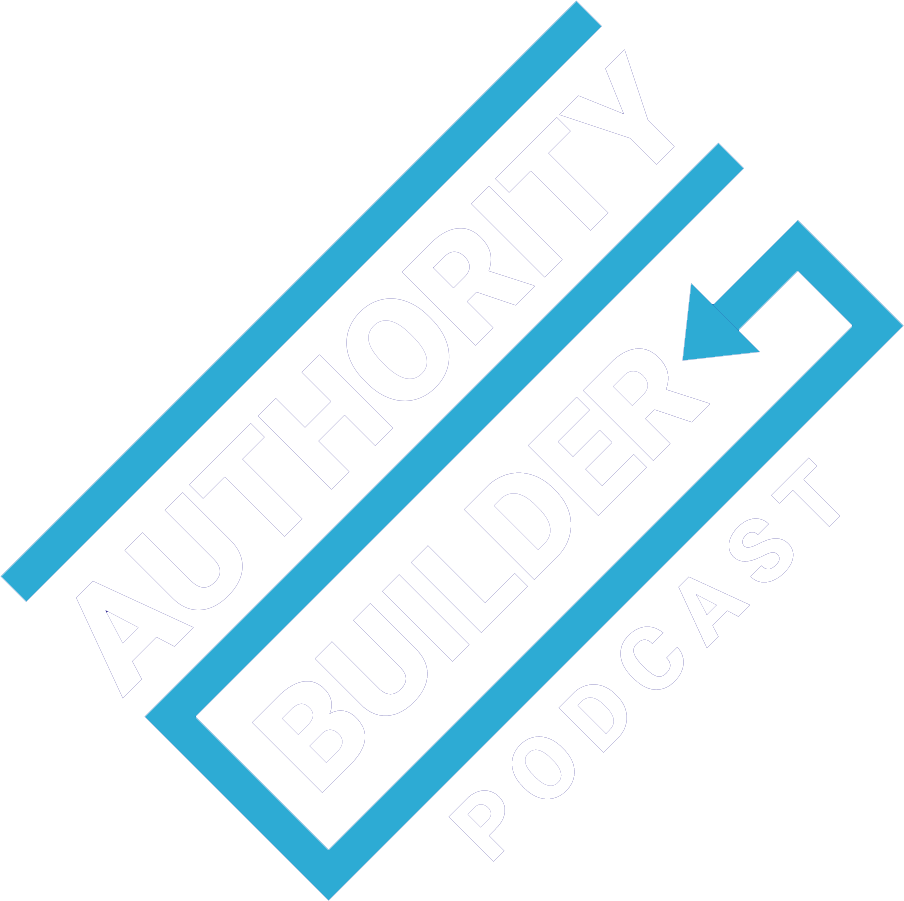Jason Blumer, of Blumer CPAs, specializes in helping creative, service-based companies go beyond the founder by putting together a team, one that must grow for the business to grow.
But you can’t hire just anyone. And you can’t manage and lead 20 people like you did five.
Jason has solid strategies for making that transition, creating a strategy for consistent growth…and having the patience to let the process work.
We unpack that in detail and also talk about how Jason has leveraged podcasting to take his own businesses to the next level…
Tune in to learn about…
- Busting through your growth ceiling
- Why you should only work with “unfriendly” business coaches
- The ultimate accountability partner
- The #1 rule for a successful podcast (how many people listen doesn’t really matter)
- And more
Episode Timeline :
00:11 Today Steve speaks with Jason Blumer. Jason was an early adopter of the virtual office concept. He works with creative digital industries to break the ceiling and push on to the next level.
01:41 Jason’s rock ‘n’ roll career didn’t quite work out so he did what many failed rock stars do, he became an account instead!
04:19 Jason talks about hitting the growth ceiling and how he can guide you to break through it.
08:35 Steve talks about hitting his own growth ceiling at 15 people.
09:50 Jason explains how he guides business owners through the growth process.
13:43 Steve and Jason talk about the cycle of the continuous breakthrough in business, how difficult that can be, and how it is important to check your progress to see how far you’ve come.
16:26 Jason talks about 3rd party objectivity and how he is definitely not your friend.
19:34 Jason talks about coaching and what makes a good coach.
22:09 Steve and Jason talks about having different coaches and the immediate effect they can have.
25:48 Steve talks about being able to vent to his coach when he can’t with anyone else.
27:46 Jason talks about the difference between group coaching and one-on-one.
32:46 Jason talks about his two podcasts and the benefits podcasting can have for your business.
They both go into detail on the how it is to run a successful podcast.
42:40 Jason tells us how best to get in contact with him.


